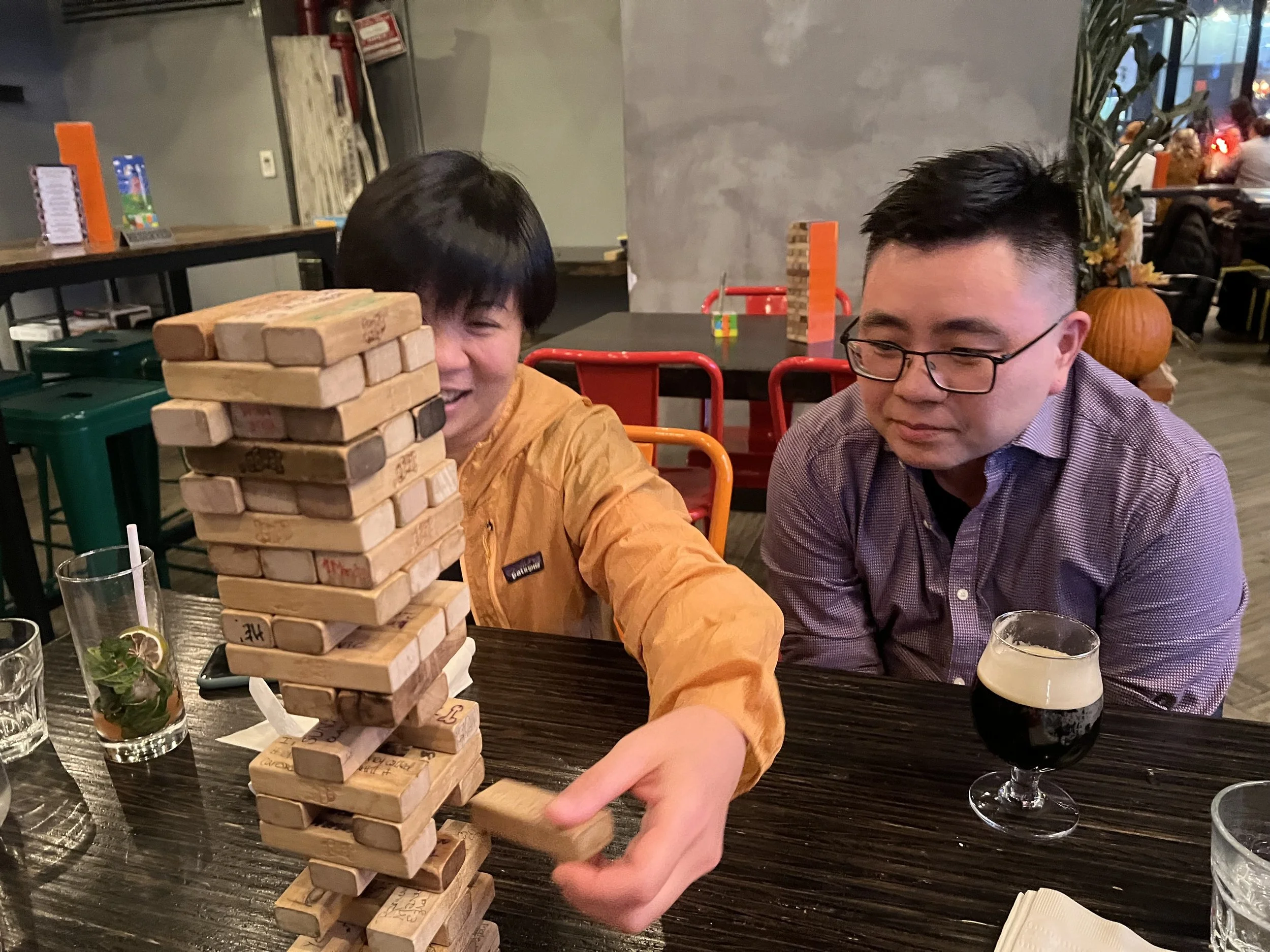The Power of Play
Decades ago, I wrote a thesis about how children learn through play. Little did I know how this understanding would come full circle in my life and work. Recently, a client confided in me that he doesn’t know how to be playful because, as a child, he was never allowed to play. Another mother, overwhelmed by her teenage son’s gaming habits, admitted she couldn’t remember the last time she did anything just for fun.
This made me think about how our modern society views play. In his book The Disciplined Pursuit of Less, Greg McKeown points out that many of us grow up believing play is trivial, a waste of time, or something only for children. But what if we’ve been looking at it all wrong?
Why Play Matters
Play is far from trivial—it is fundamental. Research has shown that play is crucial for healthy brain development, emotional resilience, and social connection. Stuart Brown, a leading researcher on the science of play, emphasizes that play is a biological necessity, akin to sleep or nutrition. It’s how we develop creativity, cope with stress, and build relationships
Play isn’t confined to childhood; its benefits extend to every stage of life. Whether it’s a child playing make-believe, a teenager gaming with friends, or an adult engaging in hobbies or humor, play serves as a powerful tool for:
Brain Development: It fosters innovation and problem-solving by stimulating neural pathways.
Emotional Health: Play reduces stress and builds resilience, offering a sense of joy and connection.
Social Skills: Through play, we learn cooperation, conflict resolution, and empathy.
Reclaiming Play in Adulthood
As humans, play is our birthright. It’s not something we need to learn—it’s something we’re born to do. Yet, many of us forget how to play as we navigate the responsibilities of adult life or spending too much time staring at our phones or computers.
So, how can you bring play into your day?
Try something new: Experiment with painting, dancing, or cooking without worrying about the outcome.
Be silly: Laugh with friends, sing silly songs, tell jokes, or embrace your inner child with imaginative games.
Play with others: Join a team sport, play board games, or engage in collaborative activities.
Just do something, anything you enjoy for fun
The Call to Action
I invite you to reconnect with your playful self today and play. Sometimes even shaking your butt, bouncing around, or swinging your arms will make you smile. Share in the comments how you bring play into your life—let’s inspire each other to make room for joy.

